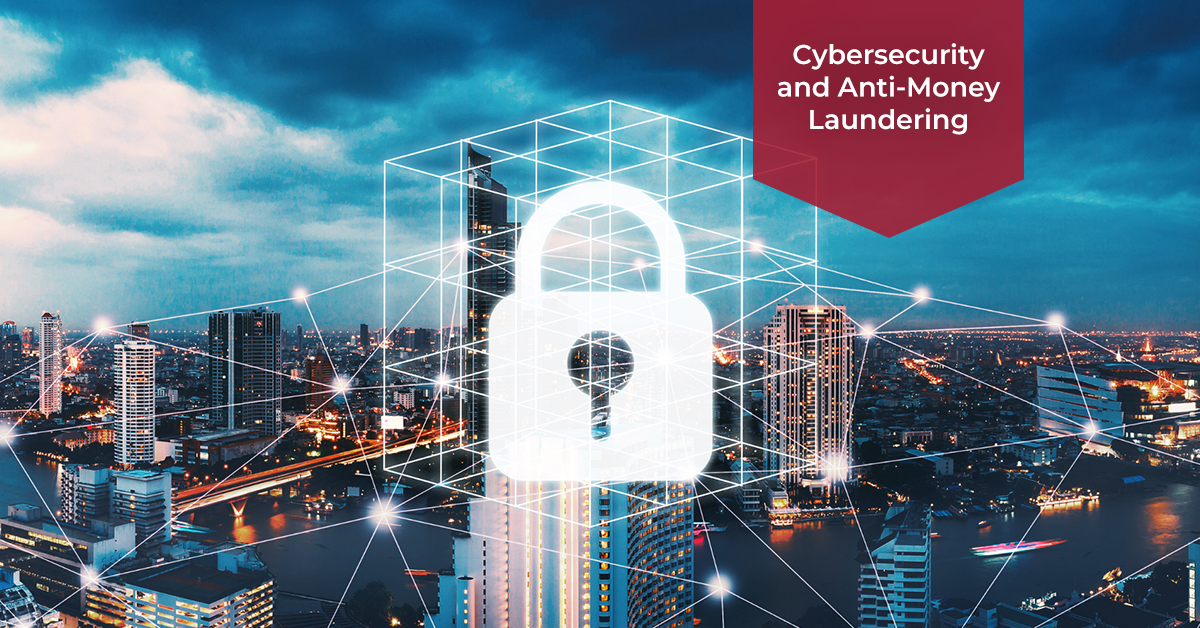
Cybersecurity and Anti-Money Laundering: Safeguarding Financial Systems
In today’s digital age, the integration of technology into financial systems provides tremendous convenience and efficiency. However, with these developments, new risks and challenges, especially in the field of money laundering, cannot be avoided. Cyber security plays a vital role in the fight against money laundering by protecting financial institutions and their customers from cyber threats. In this article, we will explore the relationship between cybersecurity and anti-money laundering (AML) and the importance of reporting cybercrimes.
What is Cybersecurity?
Cybersecurity refers to the practices and measures put in place to protect computer systems, networks, and data from unauthorized access, theft, or damage. It covers a range of techniques, including encryption, firewalls, intrusion detection systems, and user authentication protocols. The purpose of cyber security is to ensure the confidentiality, integrity, and availability of information, thus protecting against cyber threats such as hacking, data breaches, and identity theft.
The Role of Cybersecurity in AML
Money laundering involves concealing the origins of illegally obtained funds to make them appear legitimate. Criminals use various techniques to carry out money laundering activities and often exploit vulnerabilities in financial systems. This is where cyber security plays a crucial role in AML.
Financial institutions need to take robust cybersecurity measures to protect customer data and prevent unauthorized access to their systems. By protecting these systems, cyber security helps detect and deter money laundering activities. It prevents unauthorized access to sensitive financial information, ensuring that transactions are legitimate and traceable.
Furthermore, cybersecurity technologies can help financial institutions identify suspicious patterns or anomalies in financial transactions. Using advanced analytics and machine learning algorithms, cybersecurity tools can detect potential money laundering activities and flag them for further investigation. This proactive approach strengthens the overall effectiveness of AML efforts and helps authorities detect and prosecute money laundering offenders.
Reporting of Cybercrimes
The reporting of cybercrimes is a critical aspect of combating money laundering and maintaining robust cybersecurity. When financial institutions detect cyber threats or suspicious activities, it is their responsibility to report them promptly to the relevant authorities. Reporting cybercrimes not only assists in apprehending criminals but also helps in identifying emerging trends and vulnerabilities.
Collaboration between financial institutions, law enforcement agencies, and regulatory bodies is essential for effective reporting and information sharing. Sharing data and intelligence on cyber threats and money laundering activities enables authorities to identify larger criminal networks, devise targeted strategies, and take necessary action. This collaborative approach strengthens the overall security posture of the financial sector and fosters a safer environment for businesses and individuals.
In addition to reporting to authorities, financial institutions should also educate their customers about potential cyber threats and encourage them to report any suspicious activities. This creates a network of vigilant individuals who can act as an additional line of defense against money laundering and cybercrime.
Cybersecurity and anti-money laundering are inseparable in today’s digital landscape. Effective cybersecurity measures protect financial systems from cyber threats, enhance the detection of money laundering activities, and enable the reporting of cybercrimes. By prioritizing cybersecurity and fostering collaboration between financial institutions and regulatory bodies, we can create a resilient and secure financial ecosystem, ensuring the integrity of financial transactions and protecting the interests of businesses and individuals alike.

